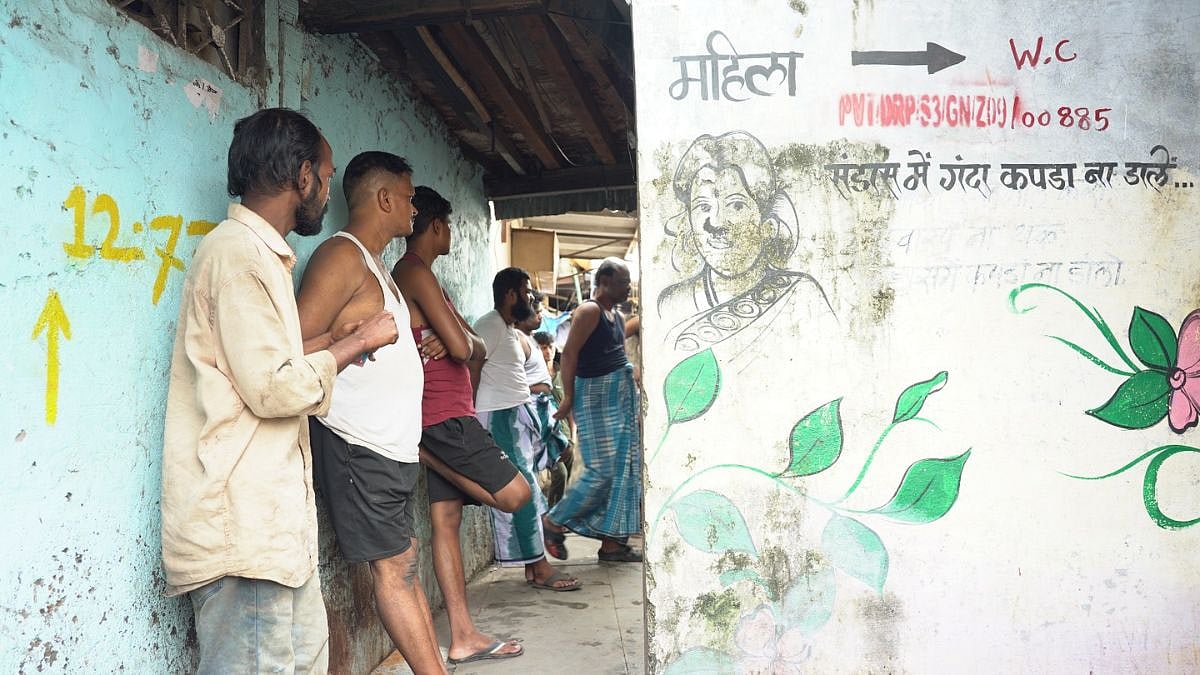Another facet of declining birthrate could be vasectomy, which has become a rising trend among men who are now more aware about the surgical procedure. Gynaecologists said that it's a “good sign” that males are coming voluntarily forward as women are more at health risk after surgical contraception.
As per the BMC data, 303 men have undergone vasectomy between April and October this year. The figure stood at 116 for the same period back in 2019.
JJ Hospital Gynaecologist Dr Ashok Anand said, “After 1975 Emergency, vasectomy had taken a back seat due to several misconceptions, and since then the numbers were very less. The civic body has created more awareness about it which has helped in getting more vasectomy done.”
Highlighting that the risk factor in male sterilisation is very less compared to female sterilisation, he asserted that vasectomy still needs a further push.
BMC Executive Health Officer Dr Mangala Gomare said there is a rise in the number of men undergoing vasectomy compared to last year. The numbers will grow further as the civic body has been fervently explaining the importance of vasectomy through counselling.
“We provide an incentive of Rs1,500 if men undergo vasectomy due to which there has been a rise in numbers. We will be creating more awareness so that misconceptions about the procedure amongst men are busted,” she said.

National Family Health Survey (NFHS)-5 data shows 37.9% of women use sterilisation or tubal ligations to check-unwanted pregnancies, which is way higher than the safer and non-surgical options like pills (5.1%), injectables (0.6%), condoms (9.5%), IUDs (2.1%) or male sterilisations or vasectomies (0.3%).
The data also highlights that almost 75% of all female sterilisations take place in public hospitals or government-run camps, and roughly one-third of them are done postpartum.
Another report published by the National Health Missionstated, “Womencontinue to bear an uneven burden of the terminal methods of family planning and sterilisation.”
As per Health Management Information Systems, of the total 14,73,418 sterilisation procedures conductedin2017- 18 (till October), only 6.8% were male sterilisation while 93.1% were female sterilisation.
Senior medical health officer said they are trying to organise as many awareness campaigns as possible. The campaign aims to educate menand bust myths about vasectomy.
“We will be counselling men. We have directed maternity and antenatal homes to clear any myths or doubts,” he said. Senior gynaecologist Dr Rajashree Katke said women who suffer from diabetes, hypertension, cardiac problems, must not take risks. Men should be encouraged to take the lead.
“There is a constant drive at our health centres to promote vasectomy. We counsel men about permanent sterilisation who accompany their wives for routine antenatal screening,” said a health worker.








